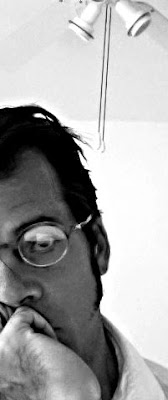There has been a lot of work done over the last few years to bring to the foreground how mental health and well-being affects everyone, from every quadrant of society, regardless of their geography, culture, race, or class. And I say, as both an emerging mental health professional and citizen: bravo.
There is, however, something which bothers me in the midst of this accelerated (but otherwise welcome) media awareness campaign. It is the habitually casual use of the term “mental illness”, rather than “mental health”. There is more than a semantic difference between the two.
“Illness” is a medicalized notion. It correlates to somatic cause and effect: the patient’s body is sick, so the patient must take x to get better. When you have an illness, you take drugs to get better. Illness implies sickness, which implies the prescription of medicine. “Health” is a generalized notion, which may incorporate the taking of medication but certainly also encompasses needs which do not strictly apply to treatment via medication.
When we lump such disparate problems as schizophrenia, post-traumatic stress disorder, cigarette addiction, and behavioural/emotional anxiety under a catch-all phrase, that term should not imply that everything which falls under its domain be medicalized or seen as a medical problem.
If you fear that you may have a problem which is affecting the quality of your life, slapping the word “illness” on it is needlessly stigmatizing. Illness = something is wrong. And when “illness” comes after “mental”, it can then seem to someone that they are wrong or somehow broken. In other words, the constant use of “mental illness” as a generalized term for discussion actually perpetuates a needless (and ironic) branding upon those who are affected.
Quite frankly, to use “mental health” is to say that someone who feels that something is affecting the quality of their life is not ill. They may not feel well, but they still have agency. It’s well-documented that what may appear to some as “symptoms” of behavioural or emotional disorders are in actuality subconscious attempts by the person affected to become healthy. We can facilitate this quite easily by not stigmatizing the language around mental health with terms that needlessly cast an onerous light on the problem.





